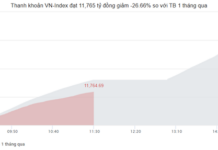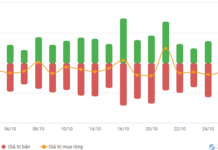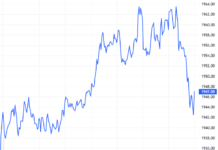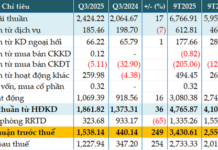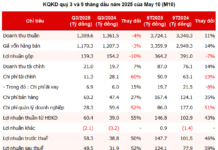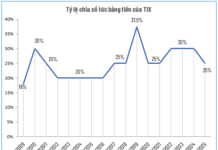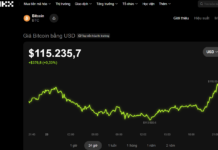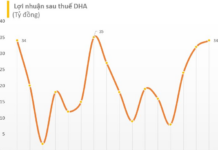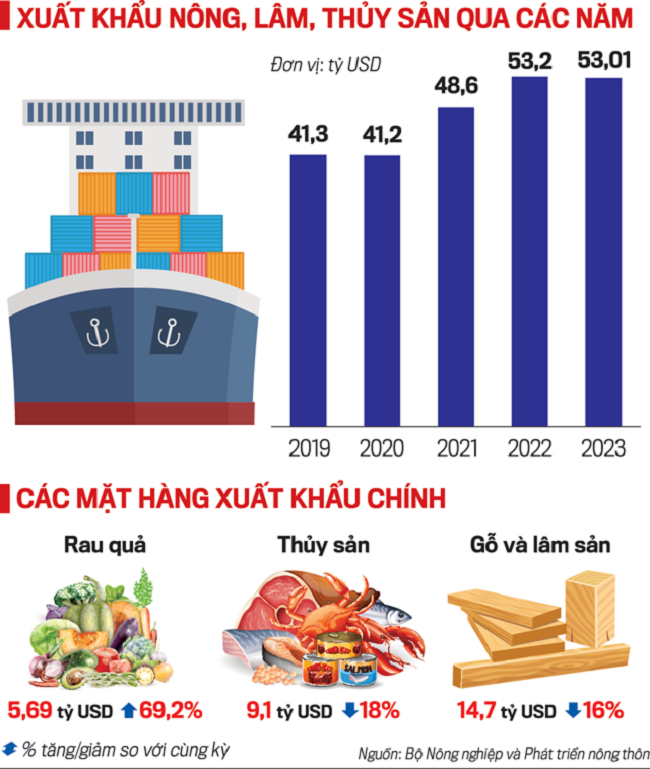The General Department of Taxation has announced that it has coordinated with 6 local tax departments to organize a conference to review the draft Decree No. 132/2020 / ND-CP dated November 5, 2020 of the Government on tax management for related party transactions (Decree No. 132).
Mr. Dang Ngoc Minh – Deputy Director General of the General Department of Taxation – said that after collecting opinions of ministries, localities, and the business community, the General Department of Taxation is compiling the opinions of agencies and units.
“The draft decree to amend and supplement Decree No. 123 aims to approach the actual operation of enterprises, create maximum convenience for taxpayers as well as the overall development of the economy,” said Mr. Minh.
In early January 2024, the Vietnam Chamber of Commerce and Industry (VCCI) also sent a recommendation to competent authorities regarding the obstacles of Decree 123.
VCCI stated that companies have reported that tax authorities consider transactions between companies and banks as related party transactions, thereby excluding interest expenses exceeding the allowable limit. In contrast, in 2022 and 2023, interest rates for loans in the market increased significantly, causing interest expenses of many companies to exceed the permitted limit.
In that context, the regulations in Decree 132 have put a double burden on companies, forcing them to pay more interest to the banks, but not deducting taxes for this cost. This regulation has a strong impact on companies that use a lot of capital in sectors such as infrastructure, production, processing, and manufacturing.
“The interest rate of the loan corresponds to the average level of the capital market. Both the company and the bank do not intentionally increase the cost of borrowing to reduce the tax liabilities. Therefore, the regulation restricting interest rates at 30% is causing difficulties for companies,” VCCI said.
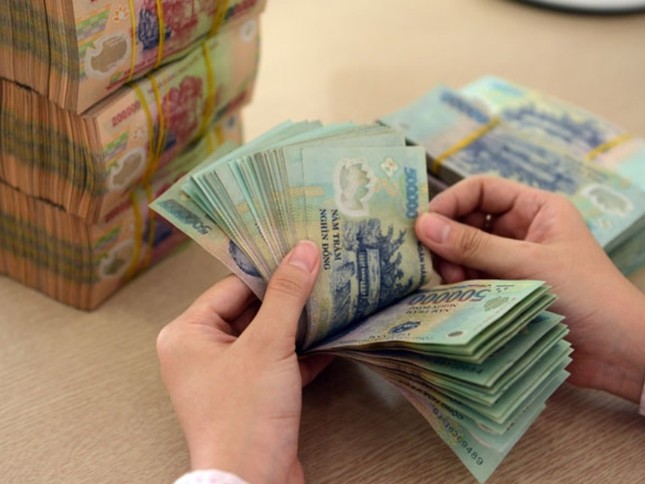
Companies complain about the decree containing a ceiling interest rate of 30% (Illustration: ST).
The Ministry of Finance also has a document collecting opinions on amending Decree No. 132 in the direction of excluding the relationship between banks and businesses. However, the process of amending Decree 123 may take longer. Meanwhile, in the current period, businesses are being inspected and audited for taxes for the financial years 2022 and 2023.
“If there are no immediate measures to handle, it could have a very negative impact on the production and business operations of businesses as well as the stability and consistency of the investment environment in Vietnam,” VCCI stated.
Therefore, VCCI proposes the Prime Minister to direct relevant agencies to find solutions to overcome the difficulties for businesses as soon as possible. During the waiting period for amending Decree 132 in accordance with the proper procedures, the functional authorities should take measures to remove difficulties for businesses referred to in the financial reports for 2022 and 2023.
Earlier, businesses reported that after 3 years of implementation, Decree 132 has revealed many shortcomings and caused difficulties for production and business activities. One of the sticking points that is causing a lot of difficulties for businesses is the regulation of controlling the ceiling level of interest expense / EBITDA at 30% (point a, clause 3, Article 16).
Businesses evaluate that 30% is the control level in developed countries. The application of this “measurement” is not suitable for the reality of Vietnam – a developing economy with most businesses having thin capital, being in the startup stage, and needing to use a lot of loans – causing many repercussions.

